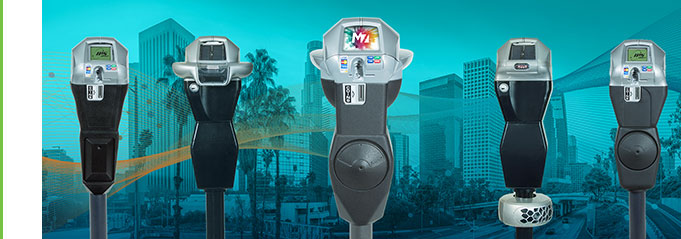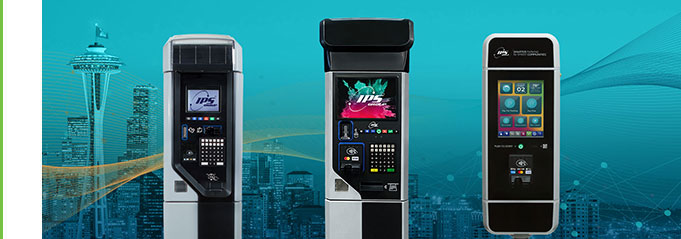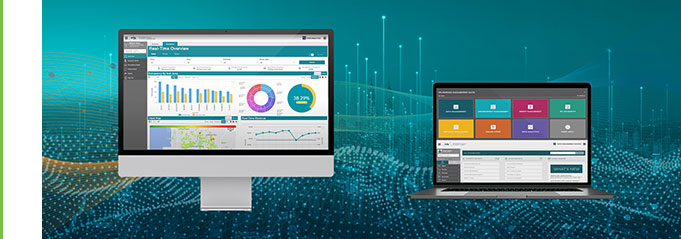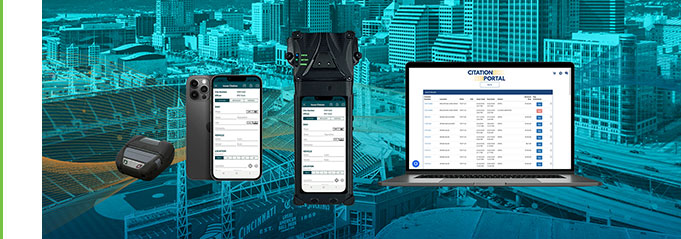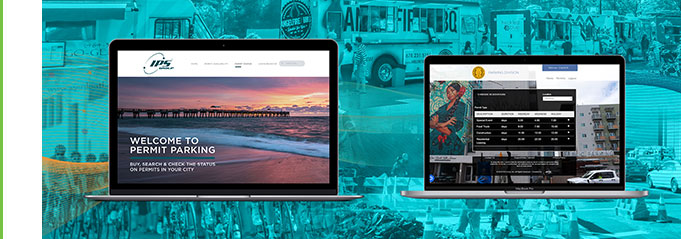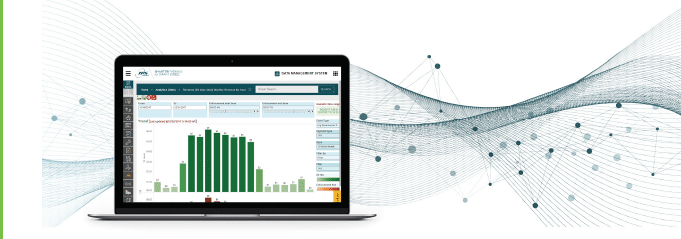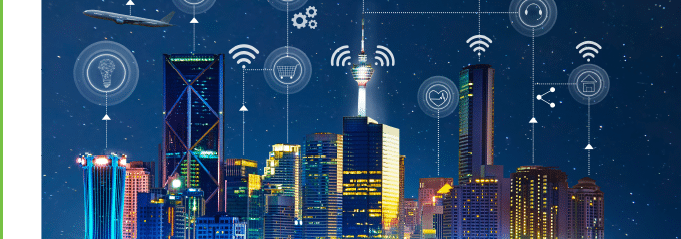SAN DIEGO, Jun. 13 /ParkingToday/ — The city of Los Angeles operates approximately 40,000 parking meters citywide and decided that they needed to replace 10,000 meters. In May of 2010, the city of LA entered into a 3 year lease to own program with the IPS Group, based in San Diego, California. The lease program allows the city to pay IPS with the increased revenue generated by the new meters rather than having a large initial outlay of capital. For the city of Los Angeles this proved to be a wise investment. The city expected a yearly net increase of $3 million based on only 6 months of use.
The IPS meters uniquely provide a credit card enabled single-space meter mechanism which retrofits into your current on-street parking meter housing. In addition, the IPS meter offers multiple payment options (coins, credit card, smart card, etc.), access to real-time data, solar-power technology, and a comprehensive web-based management system.
“We looked to IPS as the only company able to bring about the quick implementation utilizing the existing poles and meter housings,” said Dan Mitchell, Sr. Transportation Engineer for the City of LA. Changing a meter from the existing system to a new IPS solar powered meter can take as little as 5 minutes, which allowed the city of Los Angeles to change 10,000 meters in just 13 weeks with only 12 staff members.
After only having the meters installed for 6 months, the Los Angeles Department of Transportation released a report regarding the success of the new installation while at the same time recommending installing an additional 10,000 IPS meters. This is not only due to the incredible increase in revenue (a nearly 50% increase on average) but also a tremendous increase in reliability and customer usability.
Mr. Mitchell complemented IPS’ quality, “The City of Los Angeles went from as low as 85% uptime to over 99% uptime (in regards to meter availability).” This is due in part to the ability of individual meters to send a text message via the wireless network directly to technicians when there is a problem. The repair team can target only the mechanisms that need repairs and, if the meter cannot be repaired on site, then the mechanism can be exchanged and taken back to be repaired. The parking space has little or no down time. The city also implemented a new enforcement policy requiring payment at the new meters even if one form of payment is unavailable, which eliminated the motivation to jam meters in order to park for free.
Due to the limited down time, the multiple forms of payment (credit cards now account for more than 1/3 of revenue) and the ease of use by the customer, Los Angeles has seen a 75% reduction in contested meter citations and a 50% drop in complaints to the city’s meter hotline. Customers want to pay and now have multiple ways of accomplishing that, meaning that only the true scofflaws will try to beat the system.
Los Angeles has also been able to go “green” by using IPS meters. The use of solar powered meters has lowered the maintenance costs and eliminated the disposal of over 40,000 batteries annually by switching to IPS.
The installation of an additional 10,000 meters, now nearing completion, is expected to have a net revenue increase of $500,000 for the city. In a little more than a year, Los Angeles has increased usability; seen a tremendous downturn in complaints and contested citations; has gone green; and with the total 20,000 meters expects to see a net revenue increase of $3.5 million.

